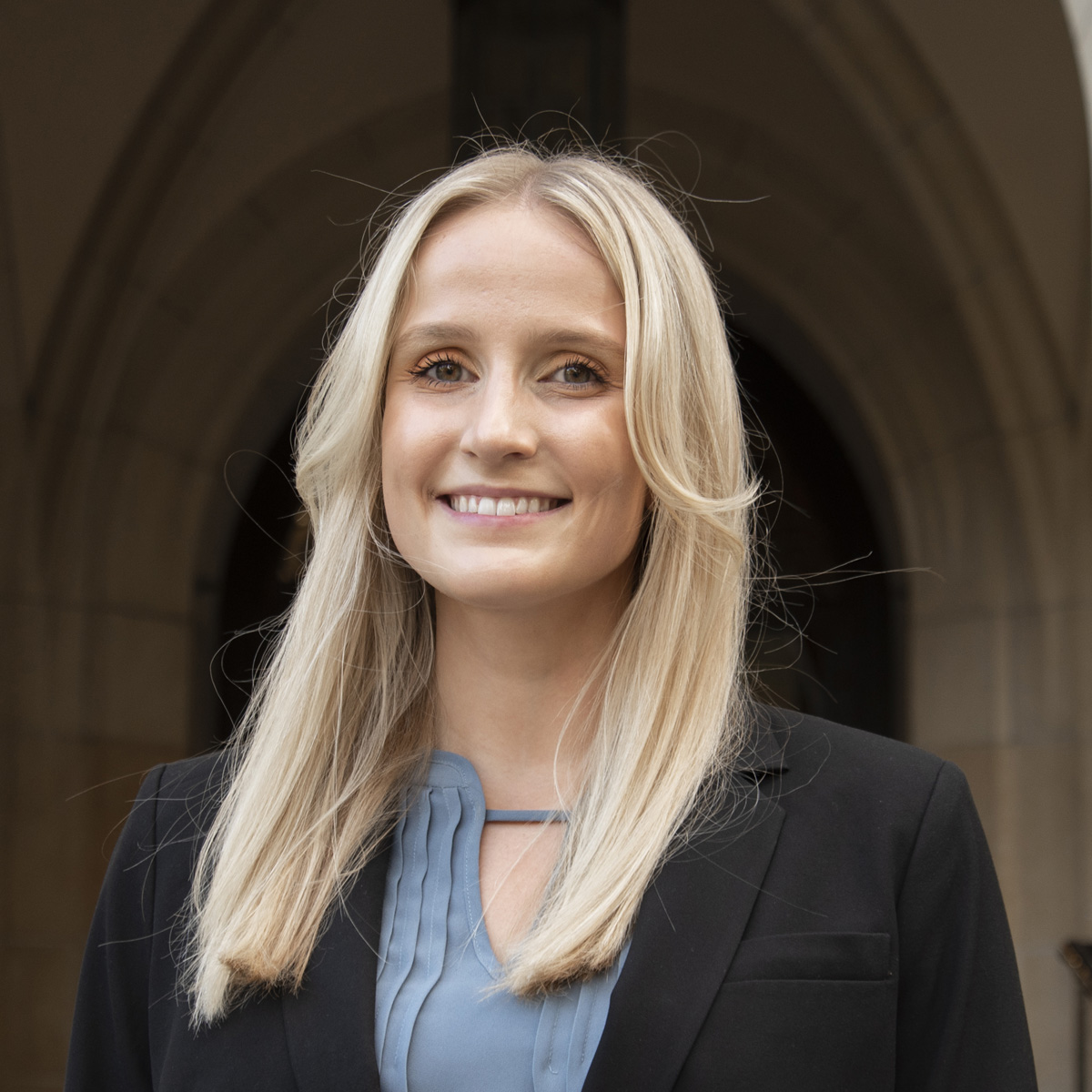USAC calls for reversal of lowered unit caps for students with CAE accommodations

The Undergraduate Students Association Council is calling on the Academic Senate to increase disabled students’ priority enrollment caps from 15 units to 19, 20 or 21, depending on a student’s college or school. (Kanishka Mehra/Daily Bruin senior staff)

By Sydney Kovach
Dec. 1, 2021 11:47 p.m.
The Undergraduate Students Association Council is calling for the Undergraduate Council of the Academic Senate to permanently overturn its decision to reduce the number of priority enrollment units available to students accommodated under the Center for Accessible Education.
Students who require a specific schedule of accommodations because of significant or chronic disabilities or treatment regimens impacting their ability to attend classes at certain times qualify for priority enrollment through the CAE, according to the CAE website.
During its Oct. 29 meeting, the UGC temporarily increased the available priority enrollment units to the former cap for students whose disability-related needs require more than 15 units, said Kathleen Bawn, the chair of the UGC, in an emailed statement to USAC. However, USAC asserts that the senate did not listen to community concerns regarding disabled students’ priority enrollment.
As of spring 2020, 2,443 students were eligible for priority enrollment, 986 of whom qualified through their CAE accommodations, making up the largest single group with priority enrollment, said UCLA spokesperson Katherine Alvarado in an emailed statement.
She said the UCLA Priority Enrollment Ad Hoc Committee was assembled in the 2018-2019 academic year and was reappointed in 2019-2020 to recommend policies and procedures for providing priority enrollment to students.
Students who received accommodations from the CAE were previously able to enroll in 21, 20 or 19 units during their priority enrollment period, depending on the student’s college or school, which the committee decided to decrease to 15 units in spring 2020, Alvarado said.
The committee met with student groups who were requesting priority enrollment in spring 2020 and came to the decision to uniformly allot 15 units for CAE students who qualify for priority enrollment, as well as student-athletes, Alvarado said.
She added that the decision was made in the broader context of making priority enrollment more effective for students and that it recommended UGC establish a standing committee to continue to review requests and trends. The UGC approved the committee’s recommendation in June 2020.
However, the university did not inform affected students about the change in unit caps for more than a year, said Quinn O’Connor, a co-founder of the Disabled Students Union.
Alvarado said the UGC sent a memo to the then-interim CAE director outlining the changes made to priority enrollment in June 2020, but the transitional leadership within CAE was not aware that it was their role to communicate this information to affected students. She said the issue was brought up to the current CAE director in April, who took action to inform students of the changes and work to incorporate an exception process.
Within 16 days of CAE informing impacted students, a petition against the decision to lower the unit cap to 15 units during priority enrollment received 900 signatures and 12 pages of student testimony, according to a USAC letter to UGC. USAC sent the letter Nov. 4, urging UGC to reverse its decision to reduce the unit cap to support disabled students’ access to equitable higher education.
Additionally, the letter calls on Anna Spain Bradley, the vice chancellor of equity, diversity and inclusion, to release a statement about priority enrollment in support of students who receive accommodations from the CAE. While USAC recognizes that Bradley cannot reverse the decision herself, the letter said she must advocate on behalf of disabled students as part of her commitment to EDI policies.
The CAE director, Norma Kehdi, requested that UGC permanently reinstate the previous enrollment cap for students registered under the CAE and immediately raise the unit cap for the next one to two enrollment periods in the interim, according to the USAC letter.
The letter USAC sent to the UGC added that the UGC denied a request from Angelina Quint, the USAC Academic Affairs commissioner and a UGC member, to allow students from the DSU and the USAC Facilities commission to present students’ concerns with priority enrollment.
“The Academic Senate has a responsibility to ensure accessible and equitable education for all, and it remains one of the most inaccessible spaces on campus. Meetings are not recorded and public comment is not allowed,” the letter said.
Bawn also said UGC’s Student Welfare subcommittee will study permanent options regarding priority enrollment and will make a recommendation to UGC during the winter quarter. She added that UGC is working with USAC representatives to ensure student voices are considered moving forward.
The CAE allows students to apply for an exemption to the unit cap on a case-by-case basis. The council argues in its letter that response time to students’ exemption requests will be low because the center is understaffed and overworked.
Alvarado said 116 students requested the temporary exemption and the CAE was able to accommodate these requests in about four days.
Jane Ni, the USAC Facilities commissioner, said UGC’s policy is particularly harmful to disabled students’ retention and access to the classes they need to graduate on time.
“Decreasing the priority movement for disabled students who are registered with the CAE is particularly harmful because it harms the retention and access of those students to classes and to graduating in four years or in two years if they’re transfer students,” Ni said.
The university did not explain its reasoning in making the changes until after it changed the policy, O’Connor said.
O’Connor added that UCLA later told the DSU that the cap was dropped to 15 units because disabled students would drop classes they signed up for during priority enrollment, which would take a spot away from other students trying to enroll in the class during their initial enrollment times.
“However, the reason why disabled students drop classes is usually due to professors not being accommodating, … so it just speaks to a larger issue at our university,” O’Connor said.
Quint said many students with disabilities relied on the previous unit cap to enroll in courses that fit a specific schedule and accommodated their needs.
“This decreased unit cap really poses extra challenges to accessibility of courses and the access to what types of courses (students with disabilities) can enroll in,” Quint said.
The undergraduate students appointed to the UGC are allowed to vote on policies such as the change in unit caps, but their votes are not included in the final vote count, Quint said.
Alvarado added that student votes are advisory, and USAC votes are counted as a matter of record.
Quint also said she was disappointed that the CAE supported the reduced number of units students with disabilities could enroll in during the priority enrollment period.
“It just blows my mind that these professors who know nothing about the lived experiences of disabled students are making these decisions that very much impact the trajectory of a student’s educational careers and their educational experiences at UCLA,” Quint said. “They can say very ableist and very hurtful words and not be held accountable.”


